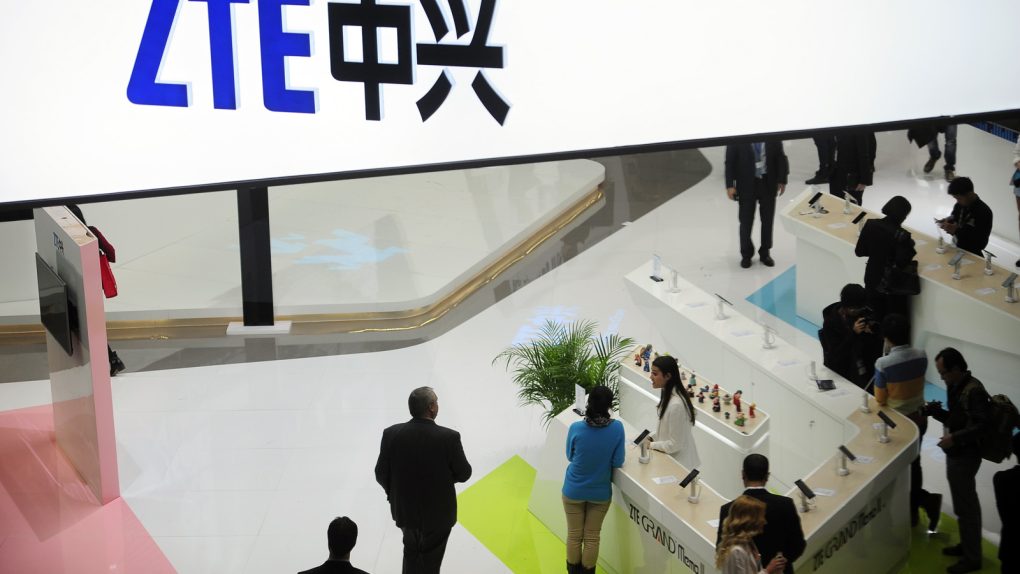Last week, ZTE came to an agreement with the US Commerce Department that will lift a ban that prevents it from buying parts from US suppliers. As a telecoms and smartphone company, ZTE would struggle to make products without using software from Google, processors and radios from Qualcomm, or any of the other parts that the US primarily supplies.
The ban was placed on ZTE to punish it for violating US sanctions. ZTE plead guilty to conspiring to violate US sanctions against Iran and North Korea in a US court last year. Under the terms of its guilty plea, ZTE paid $890 million in fines, and agreed to fire some senior staff, and strip bonuses from 35 others. Little of that happened, however, and the Commerce Department enacted a seven-year suspended ban against ZTE in retaliation. That’s the ban that President Trump and his Twitter account helped to remove.
Lifting the ban wasn’t a popular political move, however, and a bipartisan group of senators is working to reverse it. A bipartisan amendment has been added to the upcoming “must-pass” National Defense Authorization Act, one that would put the ban back into place. Providing that the bill is voted through in its current form, President Trump will essentially be forced to sign into law the opposite of a policy he’s tweeted out.
Sen. Tom Cotton, R-Ark., one of the amendment’s co-sponsors, said that if it passes, ZTE will go out of business.
“ZTE said they couldn’t remain in business, or at least not remain anything other than a cell phone hand-held business, if the denial order from March was in effect. And this would essential put the denial order back into effect,” Cotton told reporters.










